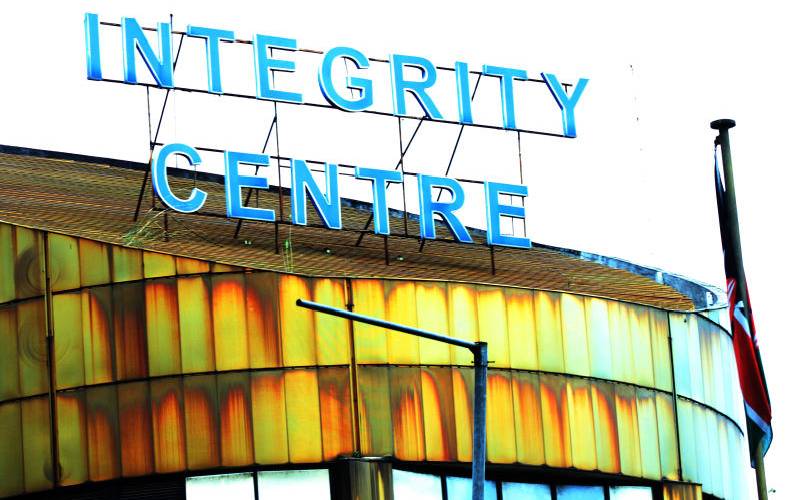×
The Standard e-Paper
Home To Bold Columnists

Vices are as old as humanity and they have grown in complexity. Public resources have been lost in the hands of a few well connected people under the guise of development.